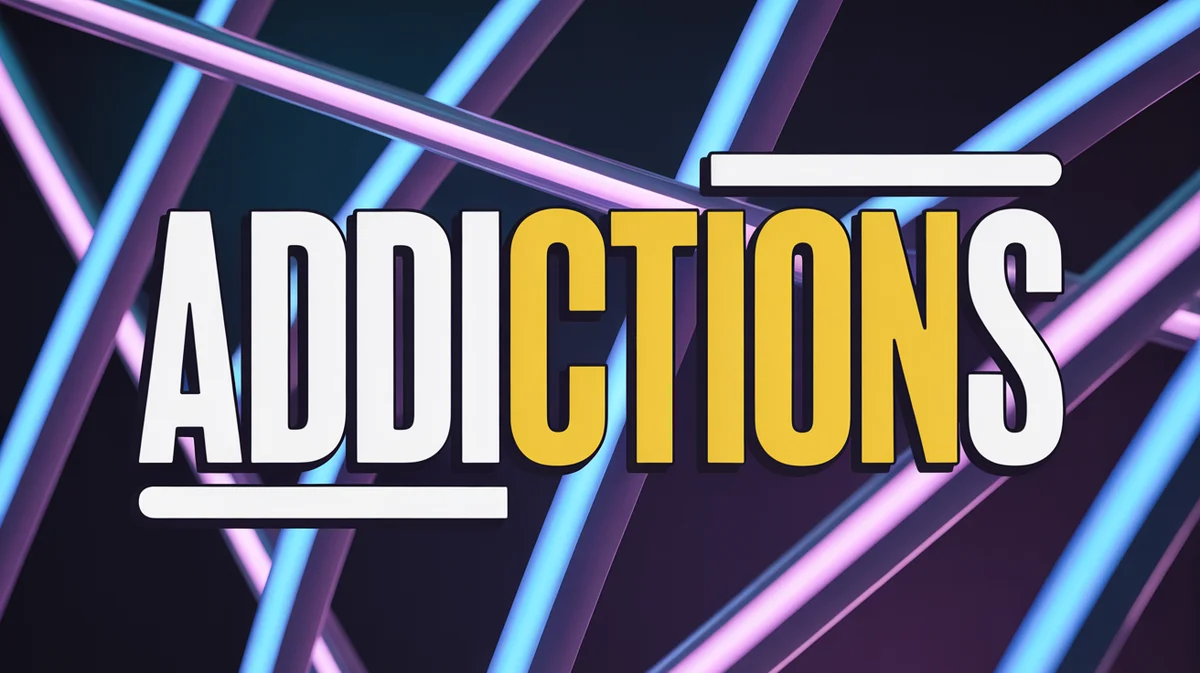Addictions

Addictions are centered around the need for substances or activities to control you, rather than you being able to control them.
Understanding Addiction: Addictions are essentially about seeking relief from distressful emotions such as anxiety, boredom, feelings of inadequacy, or a sense of not being good enough.
Addictions encompass various dependencies on drugs, alcohol, sex, pornography, work, exercise, or hobbies. The underlying drive is always the same: finding relief from uncomfortable emotions.
The common thread among all addictions is their connection to distressful emotions. As humans, our universal aspiration is to experience greater happiness and joy. It's important to acknowledge that seeking relief is a natural inclination, and to some extent, we are all prone to being addicts. This pursuit of relief propels us toward realizing our potential for happiness and fulfillment.
"The crux of addiction lies in the attachment to the feelings of relief. Substance abuse acts as a temporary escape, a fleeting solution that deceives us into believing we are finding relief."
Indulging in the pursuit of temporary relief can lead to complicated lives. It can escalate to the point where more and more of the addictive substance or behavior is needed to achieve the desired relief. This path can have severe consequences, including legal troubles, loss of life, or harming oneself or others.
I categorize addictions into two fundamental categories:
Stimulation-based
Individuals seeking relief through stimulation are more inclined towards activities like gaming, high-risk hobbies such as base jumping, or substances like caffeine, tobacco, amphetamines, PCP, and methamphetamine.
Relaxation-based
Those who seek relaxation-based relief are drawn to substances like alcohol, marijuana, barbiturates, and opiates. Some individuals may even become dependent on meditation.
People from either category might also be attracted to fanatic religion or hallucinogens, as they provide an escape from the issues they are trying to evade.
These dependencies range from harmless to highly hazardous, and living with someone struggling with addiction can be immensely challenging. Many individuals end up homeless due to their families' inability to tolerate their chemically-induced behavior, which only perpetuates the cycle of addiction.
The Fallacy of Finding Relief through Addictions
It's essential to understand that true relief cannot be found through addictions. While some may argue for the positive aspects of addictions like meditation or exercise, addiction itself reinforces powerlessness. The more powerless one feels, the more relief they seek, resulting in a downward spiral.
Important: Addiction strips away self-esteem and attracts negative situations and people, creating a life-threatening situation. Overcoming addiction necessitates identifying the underlying causes of seeking relief.
Invariably, addiction is rooted in emotions such as anxiety, stress, hatred, or a sense of lack of control. By addressing these causative emotions, addiction loses its grip, and the body naturally adapts to life without the crutch of substances.
A Path to Freedom
Techniques like Inner Influencing® can effectively help in overcoming these emotional triggers within minutes.
Honesty with oneself is pivotal in this journey. Admitting the addiction and desiring change are crucial steps toward a new, fulfilling life. Surrounding oneself with a supportive environment, free from friends or family that encourage drug or alcohol use, can facilitate positive change and growth.